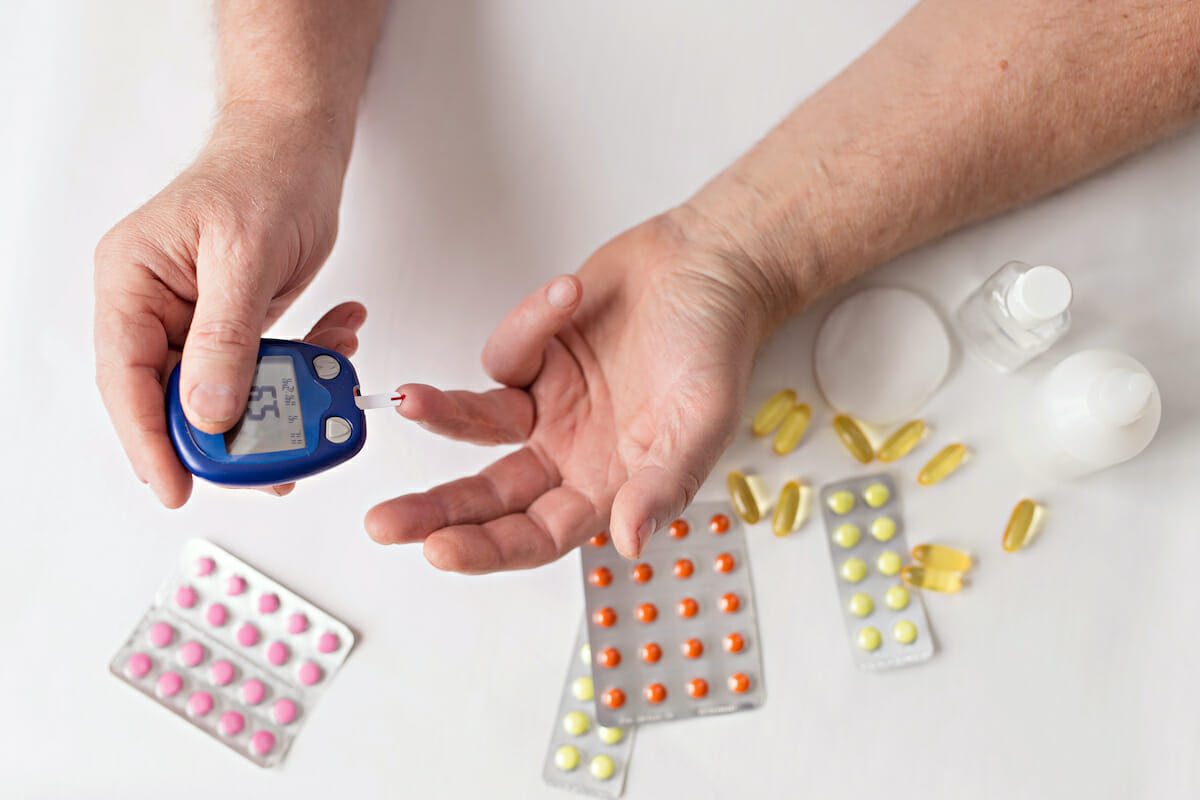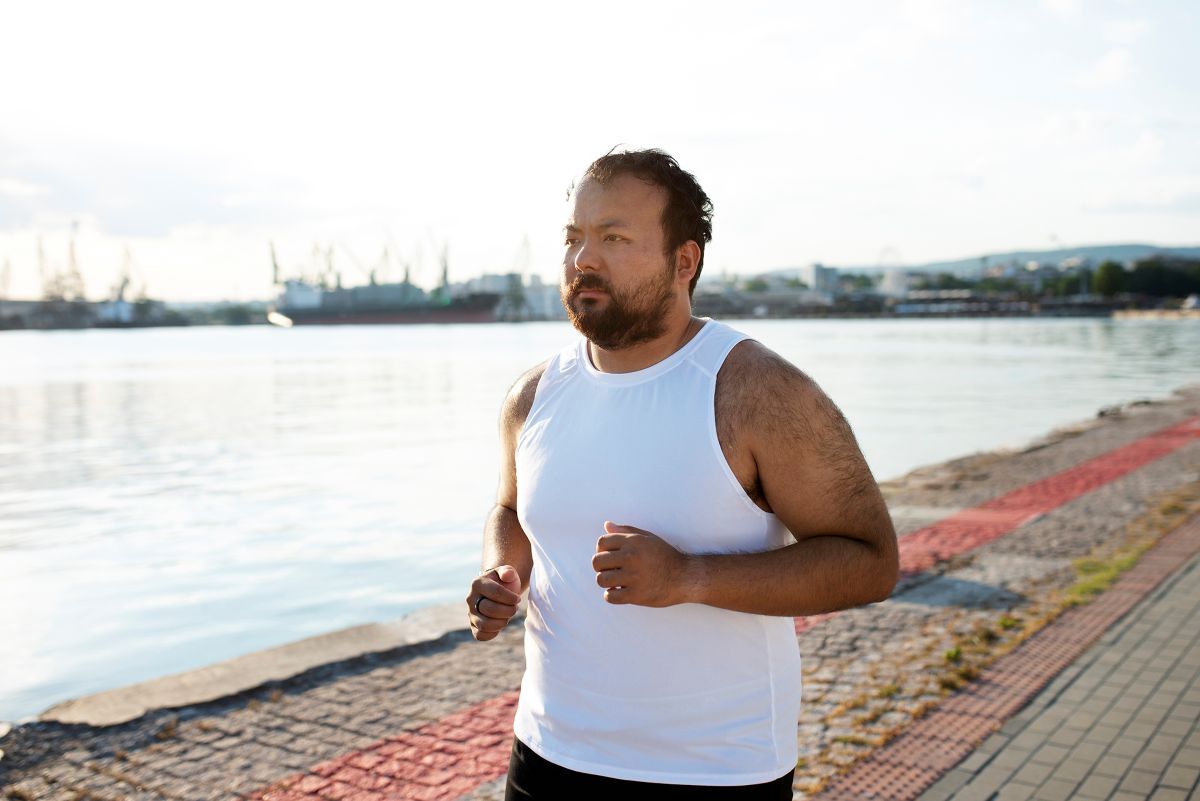living with diabetes safely use?
diabetes safely use?
Treating a cold while managing blood sugar can be difficult for a person with diabetes. Infections can increase blood glucose, and cold medicines may contain sugar. It is advisable to follow a sick day plan and use sugar-free medications.
Diabetes is a group of conditions that impair how the body processes glucose and maintains blood sugar levels. When a person is ill, their body’s effort to fight off the infection can disrupt their blood sugar level. Additionally, many over-the-counter medicines that a person may take to help relieve symptoms may contain sugar.
Therefore, when a person with diabetes has a cold, it is advisable for them to regularly check their blood sugar level and try to use only sugar-free medicines in order to better manage their blood sugar.
Illness and blood sugar: Having an illness or infection, such as a cold or the flu, can raise a person’s blood sugar level. This is because being ill puts additional stress on a person’s body, leading to the release of stress hormones to help fight the sickness. As a result, the body releases more glucose into the bloodstream, and blood glucose levels increase.
In a person without diabetes, the body produces more insulin to manage blood sugar levels. However, in people with diabetes, the body either does not produce enough insulin or does not use it effectively. Additionally, if a person loses their appetite or experiences diarrhea, their blood sugar may drop because they are not consuming or absorbing food as usual. This can make it difficult to keep blood sugar within a person’s target range.
Sick day plans: If possible, it is advisable for a person with diabetes to prepare for illness before they feel unwell. This can include having enough medication, such as insulin, on hand, as well as having easy-to-prepare foods and medical supplies so that they can continue managing their diabetes without interruption.
If a person cannot eat meals while they are ill, it is sensible to have fast-acting carbohydrates, such as juices or other glucose-rich drinks, nearby.
Illness can make it more difficult to manage blood sugar levels and may increase the risk of potential complications. A person may want to discuss an action plan with their healthcare team. This may include advice on adjusting diabetes medication, checking for ketones, and using cold medicines.
Healthcare experts typically recommend that people follow sick day rules. These guidelines include:
- Sugar: A person should check their blood glucose levels every 2–4 hours and keep a record.
- Insulin: A person should continue administering insulin or other diabetes medications. If a person’s blood sugar is high, they may need to increase their insulin dose.
- Carbohydrates: It is important for a person to maintain hydration and carbohydrate intake. Depending on their blood glucose levels, this may involve a regular intake of sugary fluids.
- Ketones: It is advisable to check ketone levels every 2–4 hours and drink plenty of fluids to prevent diabetic ketoacidosis.
What to consider about cold and flu medicines:
Some cold remedies, such as flavored medicines, may be unsuitable for people with diabetes because they contain sugar. Therefore, it is advisable to check product labels to see how many grams of carbohydrates a medication has.
When possible, it is preferable to use sugar-free versions of medications or choose a pill form rather than a liquid form of a medication. If a person must take medication that contains sugar, it is important to account for that sugar when administering their diabetes medications.
Additionally, individuals with hypertension may want to avoid using decongestants because they may further increase blood pressure. Many decongestants contain pseudoephedrine. This drug constricts blood vessels in the nose and sinuses to relieve congestion, but it also tightens blood vessels throughout the body.
As an alternative, people may consider natural methods of reducing congestion, such as taking a steamy shower, drinking plenty of fluids, and eating spicy foods.
What to eat and drink: It is important that a person with diabetes continue to eat while they are ill. This will help maintain their blood sugar levels and help their immune system fight the infection. If they cannot consume food as usual, they may consider trying the following foods and drinks to prevent their blood glucose levels from becoming low:
- juice
- sports drinks
- regular soda — not sugar-free
- milk
- yogurt
- soup, broth, or bouillon
- regular gelatin — not sugar-free
- ice pops
- saltine crackers
- dry toast
Preventing illness: The Centers for Disease Control and Prevention (CDC) provide the following guidelines help prevent illnesses and reduce their spread:
- Practice proper hand washing: Regular hand washing with soap and water or alcohol-based hand sanitizer can help eliminate germs and prevent people from getting sick.
- Disinfect objects: Similarly, a person can disinfect frequently touched objects such as remotes, doorknobs, and mobile devices.
- Follow proper coughing and sneezing etiquette: To prevent transmission of germs, people can cough, sneeze, or blow their nose into tissues; throw the tissues away; and wash their hands afterward. People can also sneeze or cough into their elbow.
- Avoid touching the eyes, nose, or mouth: If a person touches these areas when they have not recently washed their hands, pathogens may enter their body and make them sick.
- Avoid close contact with people who are sick: If possible, it is advisable to avoid spending much time with people who are sick, as they may transmit the pathogen that is making them sick.
When to contact a doctor: The American Diabetes Association (ADA) notes that a person can work with their healthcare team to create an action plan. A person may seek guidance on when to contact a doctor, how to best manage blood sugar, and what medications to use. The ADA adds that it is helpful for a person to write this information down so they can refer to it when feeling sick.
The CDC adds that a person may consider seeking emergency care if they experience:
- difficulty breathing
- high ketone levels
- inability to keep foods or liquids down
- difficulty eating
- weight loss
- very low blood sugar
- vomiting and diarrhea
- a fever
- sleepiness or an inability to think clearly
Summary: Having a cold can make it difficult for a person with diabetes to manage their blood sugar levels. If a person is feeling unwell, it is advisable that they follow their sick day plan and their doctor’s recommendations on which cold medicines to use.
Typically, a healthcare professional will suggest that a person with diabetes use cold medicines that are sugar-free. Additionally, they may advise avoiding decongestants if the person has hypertension.
Source: https://www.medicalnewstoday.com/articles/cold-medicine-for-diabetes











